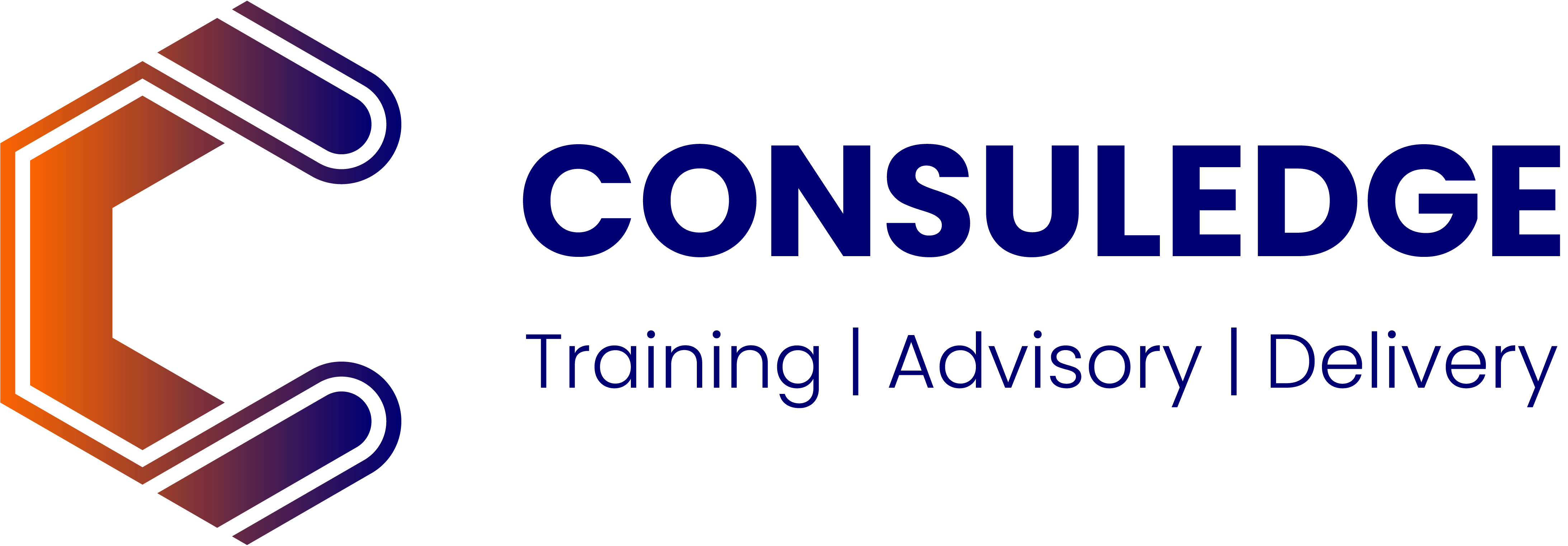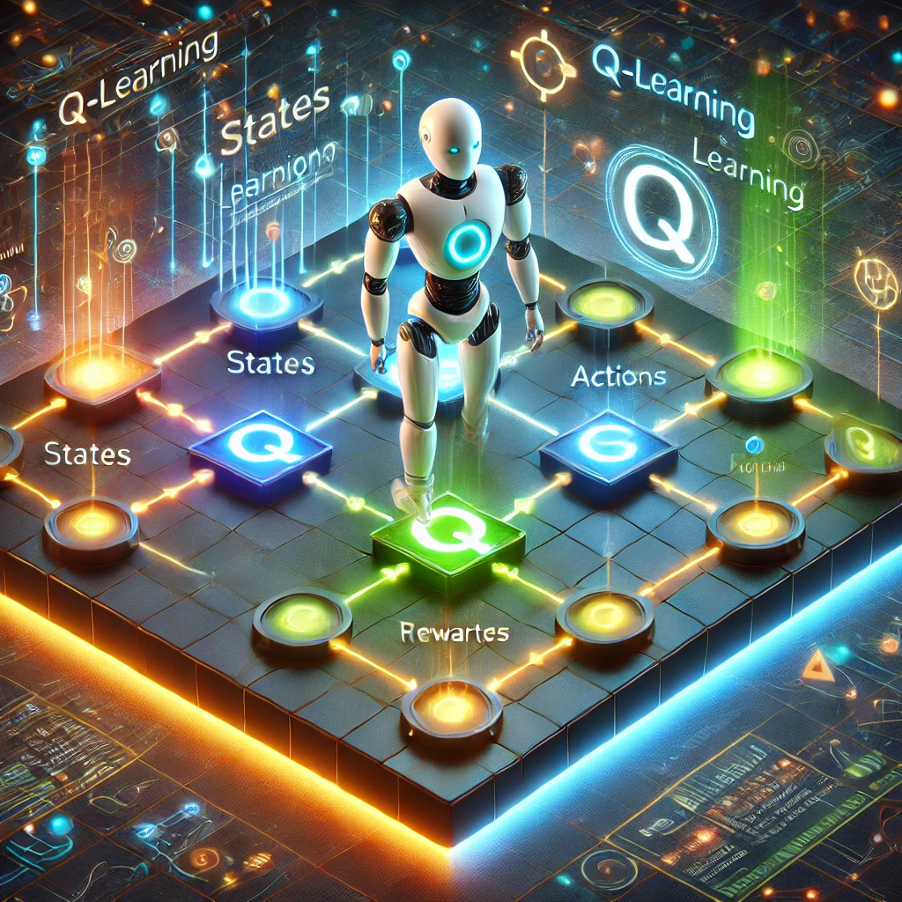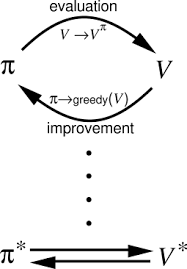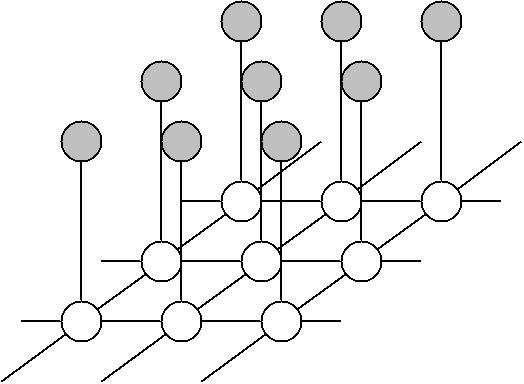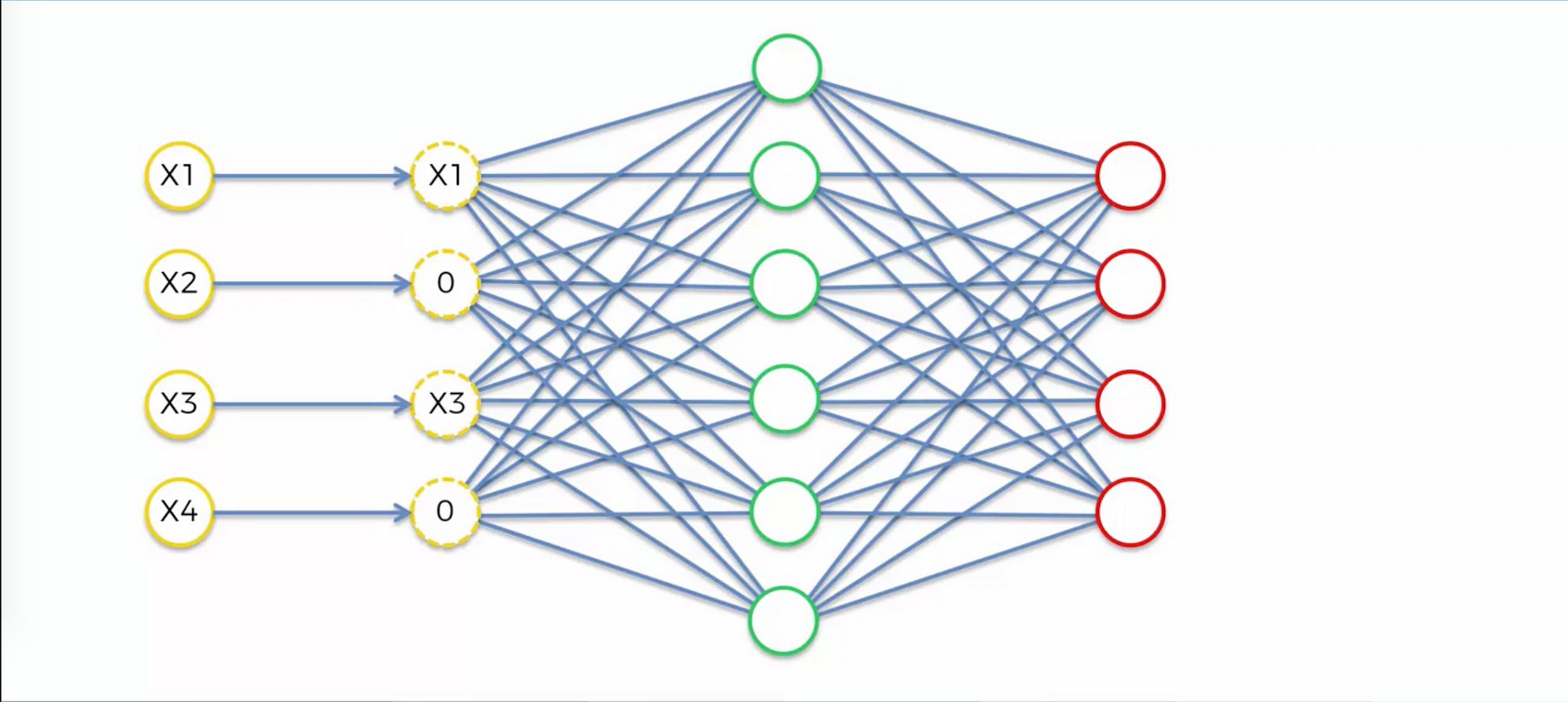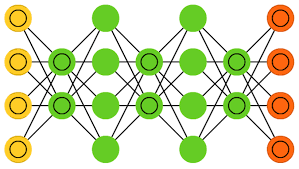Q-Learning, introduced in 1989 by Chris Watkins, is a model-free reinforcement learning algorithm that discovers optimal decision-making strategies by evaluating actions in a given state. It is widely applied for scalable problem-solving, from fraud detection to energy grid optimisation and public transport scheduling.
Policy iteration, first introduced in the 1950s by Richard Bellman and refined by Andrew Barto and Richard Sutton, is a fundamental method in Reinforcement Learning for optimising decision-making strategies. By iteratively evaluating and improving policies, it ensures efficient and adaptive solutions for complex sequential decision problems.
Machine learning, introduced in the 1950s by Arthur Samuel, is like a digital chef’s apprentice that learns from data to create innovative solutions. From predicting trends to automating tasks, machine learning enhances efficiency across industries, including government applications in Australia.
Markov Random Fields (MRFs), introduced through Andrey Markov’s early 20th-century work and formalised by Julian Besag in the 1970s, are probabilistic graphical models for representing contextual dependencies. Widely used in applications like image processing, natural language processing, and environmental modeling, MRFs capture relationships within structured data.
Denoising autoencoders, introduced in 2008 by Pascal Vincent, are neural networks designed to reconstruct clean data from noisy inputs. Widely used in medical imaging, satellite data analysis, and speech processing, they enhance data quality and enable robust feature extraction.
Deep Belief Networks (DBNs), introduced in 2006 by Geoffrey Hinton and colleagues, revolutionised unsupervised learning by enabling hierarchical feature extraction and robust data representation. Widely used in industries like healthcare, finance, and transport, DBNs enhance tasks such as image recognition, NLP, and time-series prediction.
This article reveals how your digital interactions fuel the $3 trillion data economy, powering AI innovation without rewarding you. It calls for reclaiming control of your data and ensuring it works for you, not just corporations.
AI in aged care offers safety and innovation but risks restricting autonomy under the guise of protection. By addressing key challenges, we can create systems that prioritise dignity and freedom for Australia’s elderly.
This article explores how artificial intelligence, while promising convenience and efficiency, can quietly manipulate autonomy, limit freedom of choice, and erode privacy. By understanding its mechanisms and advocating for transparency, individuals can reclaim control over their digital lives.
This article highlights how AI content moderation, while promising innovation, risks restricting freedom of expression by confining ideas within algorithmic limits. It calls for ethical AI practices to preserve digital rights and ensure every voice is heard.
